
Woman With Rare 'Superpower' Sniffed Out Husband's Disease 12 Years Before Diagnosis — Now She's Helping Create a Breakthrough Test
A woman who smelled her husband's Parkinson's disease more than a decade before doctors could diagnose it is now at the center of groundbreaking medical research that may change how the condition is detected forever.
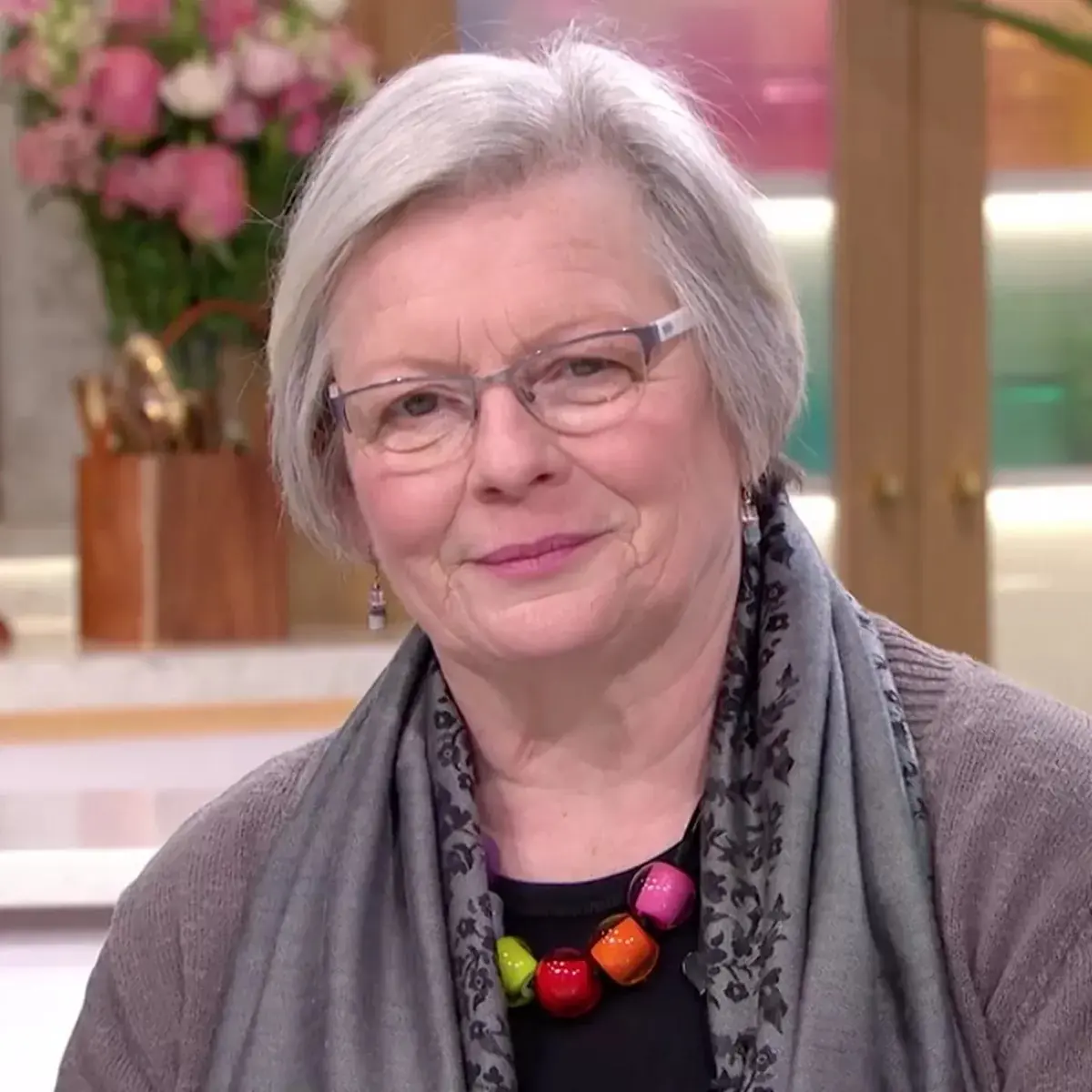
The Woman Who Smelled Parkinson’s Before Science Could
Joy Milne, a retired nurse from Scotland, has an incredibly rare ability—she can detect Parkinson’s disease through smell. Her story began decades ago, long before anyone realized the power of her nose.
Joy had been with her husband, Les Milne, since they were teenagers. But in 1982, just before Les turned 32, she began noticing something unusual. “I noticed a musky, dank odour on him – he knew about my heightened sense of smell,” she told The Guardian. “I thought it might be the unprocessed air of the operating theatres he worked in and told him to shower more. That caused arguments.”
At the time, no one—including doctors—suspected that Les had Parkinson’s disease. He wouldn’t be officially diagnosed until 12 years later.
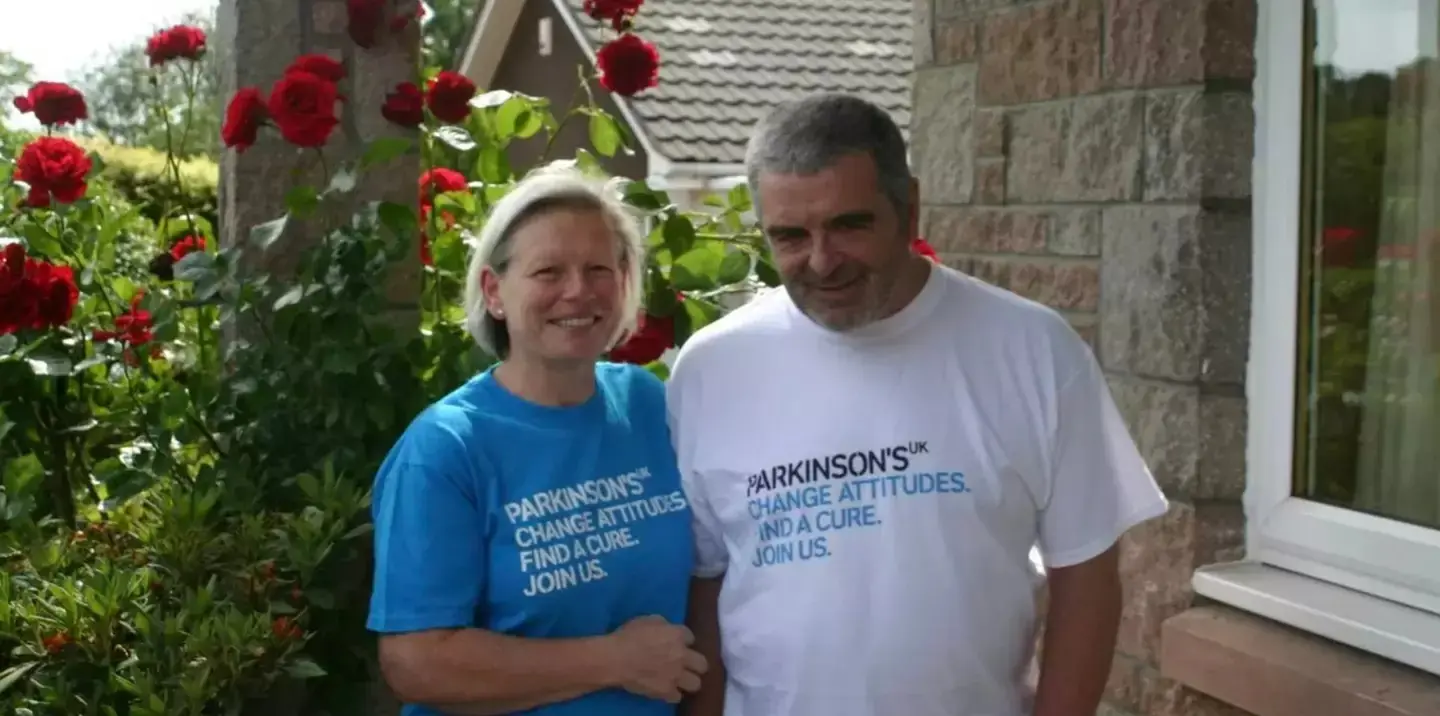
A Familiar Smell Sparks a Medical Quest
After Les's diagnosis, the couple began attending Parkinson’s support groups. That’s when it hit Joy: other patients had the same scent she’d noticed on her husband all those years ago.
That realization changed everything. “Les and I should have been enjoying retirement, but Parkinson’s had stolen our lives,” Joy recalled. “We became determined that others wouldn’t suffer the same way. When Les died in June 2015, he made me promise I’d carry on.”
True to her word, Joy began working closely with scientists to unlock the medical mystery behind her gift. She spent countless hours in research labs, smelling T-shirts and swabs from people with and without Parkinson’s—helping researchers detect the subtle chemical changes in sebum, the oily substance our skin naturally produces.
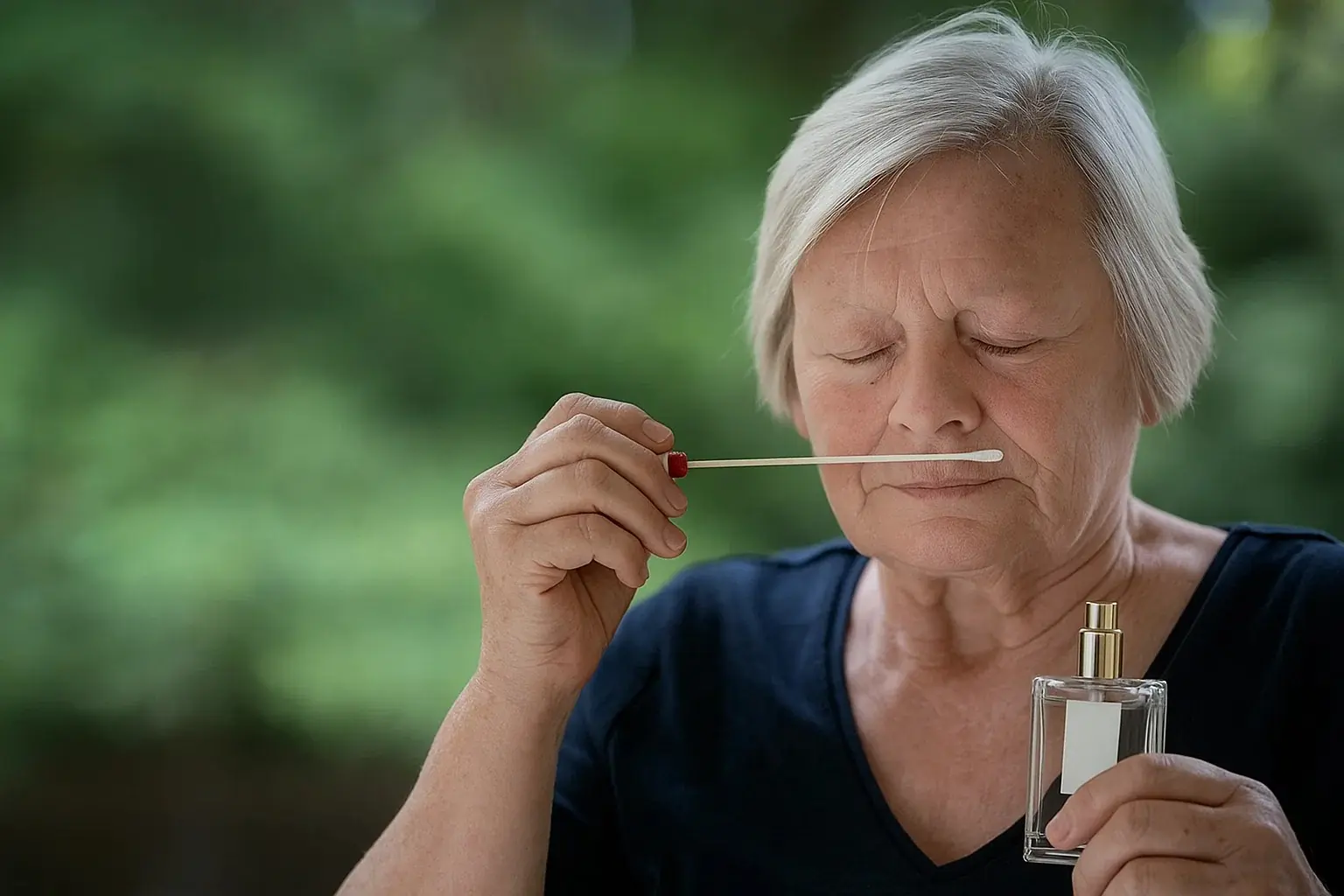
A Breakthrough Years in the Making
Thanks to Joy’s extraordinary sense of smell, researchers at the University of Manchester in the UK have developed a skin swab test that could revolutionize how Parkinson’s is diagnosed. In controlled lab conditions, the test has shown up to 95% accuracy.
To create the test, scientists studied sebum samples from both healthy individuals and those with Parkinson’s. They discovered thousands of unique compounds, including over 500 that differed significantly between the two groups.
Professor Perdita Barran, who led the study, explained: “At the moment we have developed it in a research lab and we are now working with colleagues in hospital analytical labs to transfer our test to them so that it can work within an NHS environment. We are hoping within two years to be able to start to test people in the Manchester area.”
A Promise That Could Help Millions
Joy believes that if her husband’s condition had been diagnosed earlier, their lives could have been drastically different. “We would have spent more time with family. We would have travelled more. If we had known earlier it might have explained the mood swings and depression,” she said.
Instead of simply mourning what was lost, Joy transformed her grief into a mission to prevent others from going through the same experience. Her rare ability, once a puzzling burden, is now opening new doors in the fight against one of the most debilitating neurological conditions.
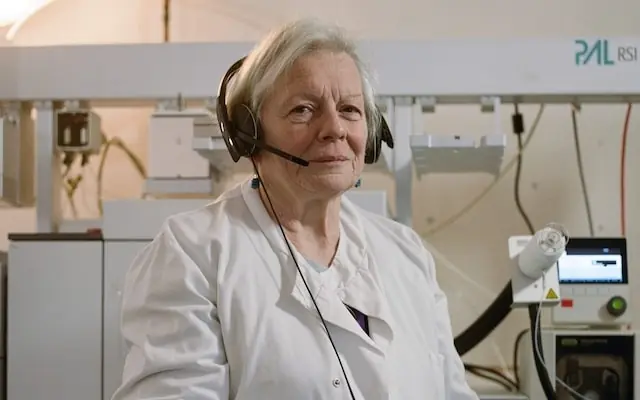
Why This Matters
Parkinson’s disease currently has no definitive diagnostic test. Doctors must rely on symptom tracking, patient history, and neurological exams—often after the disease has already progressed. That makes early intervention difficult.
With Joy’s help, science may soon have a reliable, non-invasive way to detect Parkinson’s years before symptoms appear—possibly changing outcomes for millions.
Her story is a powerful reminder that even the most unlikely human quirks can lead to life-saving discoveries.
News in the same category

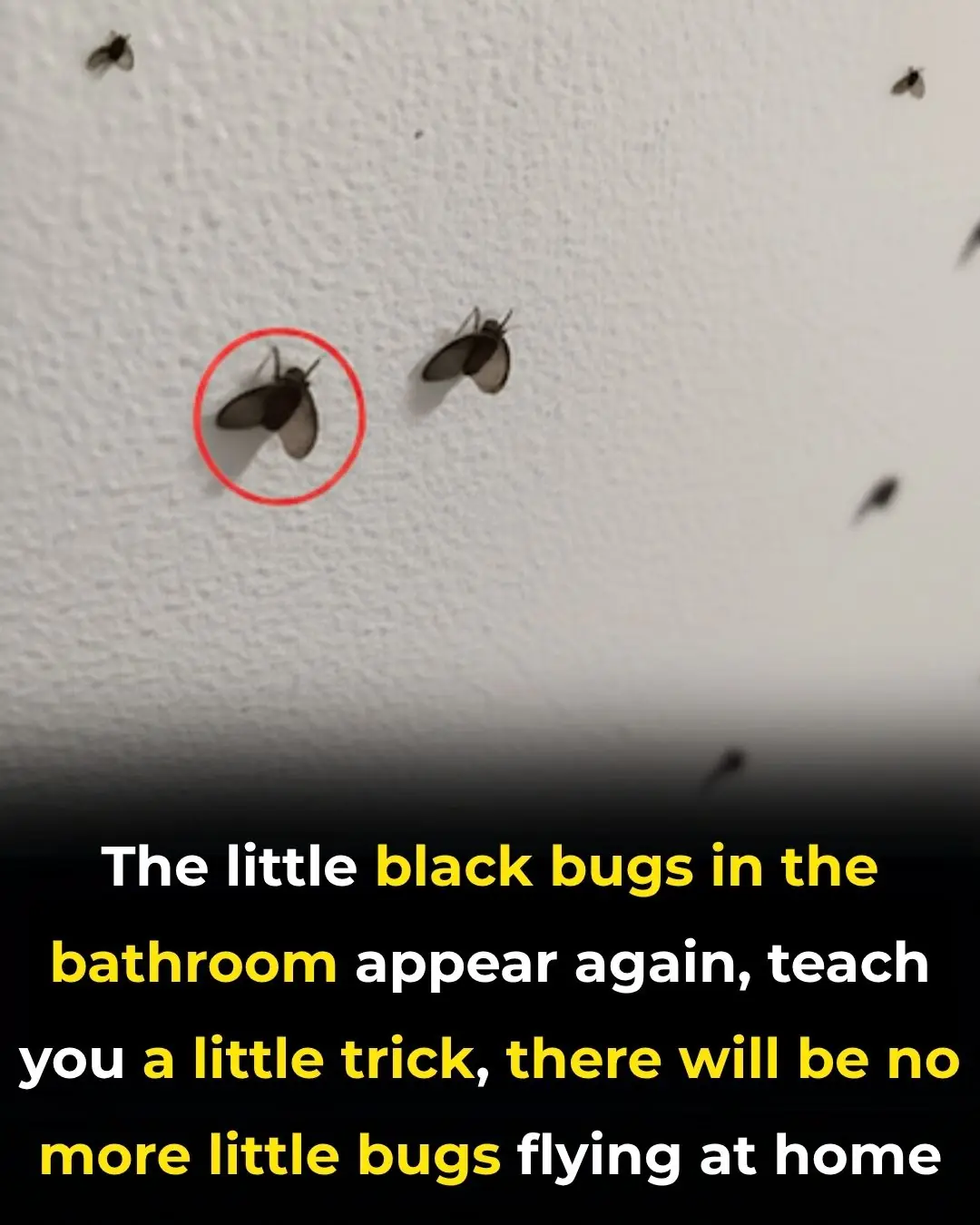
Dealing with 10 Common Bathroom Pests

Chaos following discovery of radioactive wasp nest at former US nuclear weapons site

Ancient Inscriptions Inside Great Pyramid Rewrite History Of Its Builders
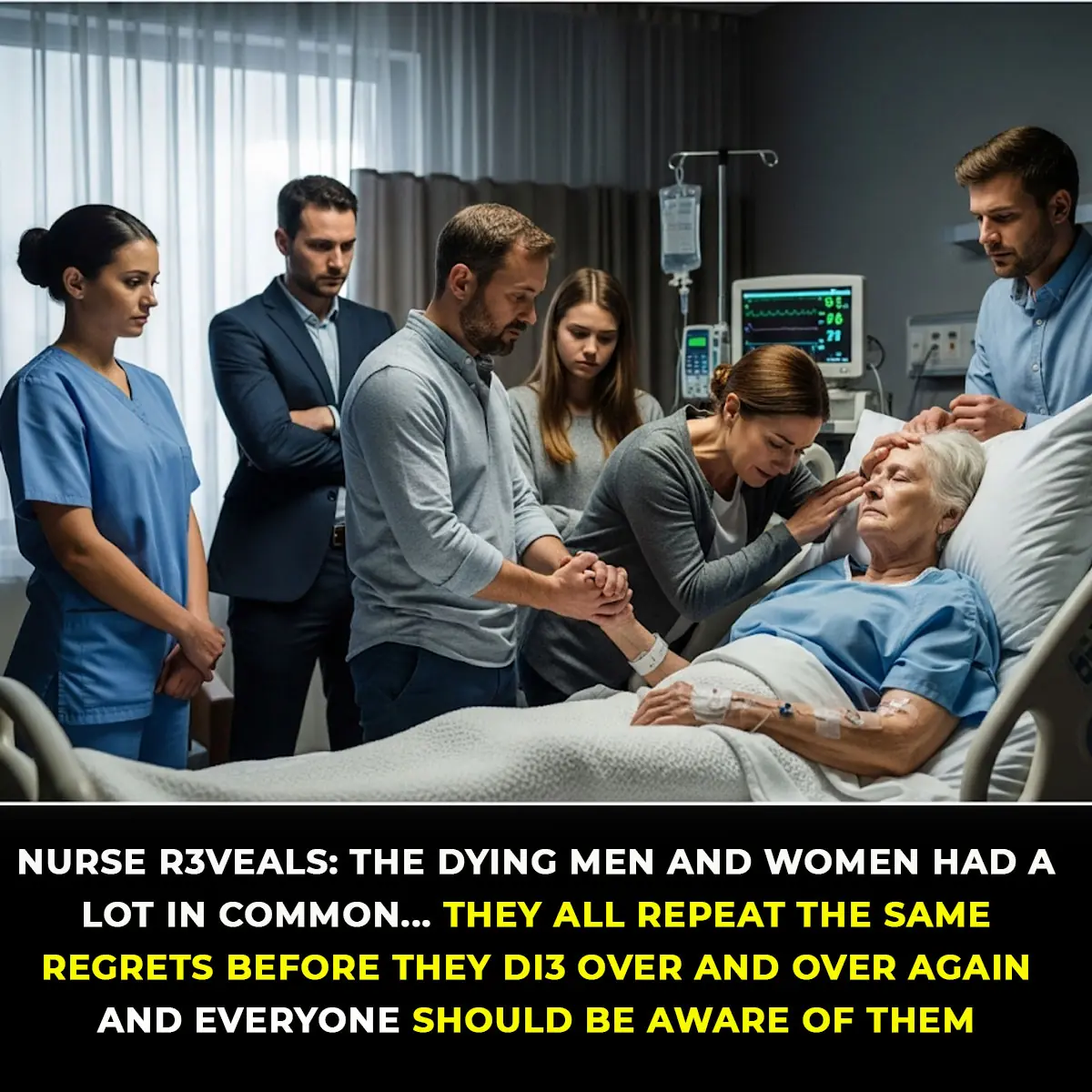
Nurse at palliative care reveals the top 5 regrets of people right before they di3d

The Hidden Meaning Behind Leg-crossing — It’s More Than Just Comfort

Off The RecordIf You Ever Notice Your Door Handle With A Rubber Band On It DO NOT Touch It

Jake, a Single Dad, Discovers a Heartwarming Breakfast Surprise
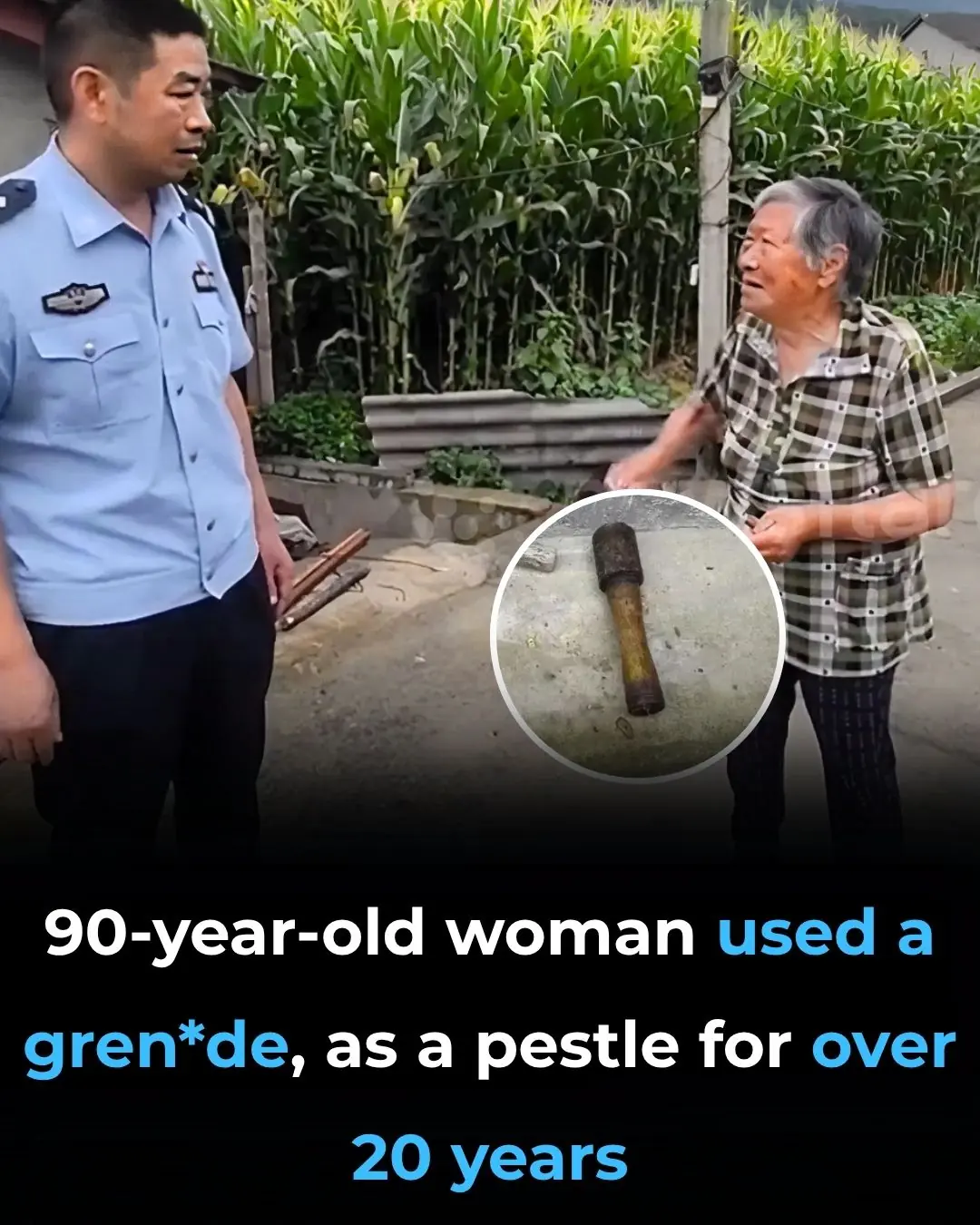
90-Year-Old Woman Used a Grenade as a Pestle for Over 20 Years
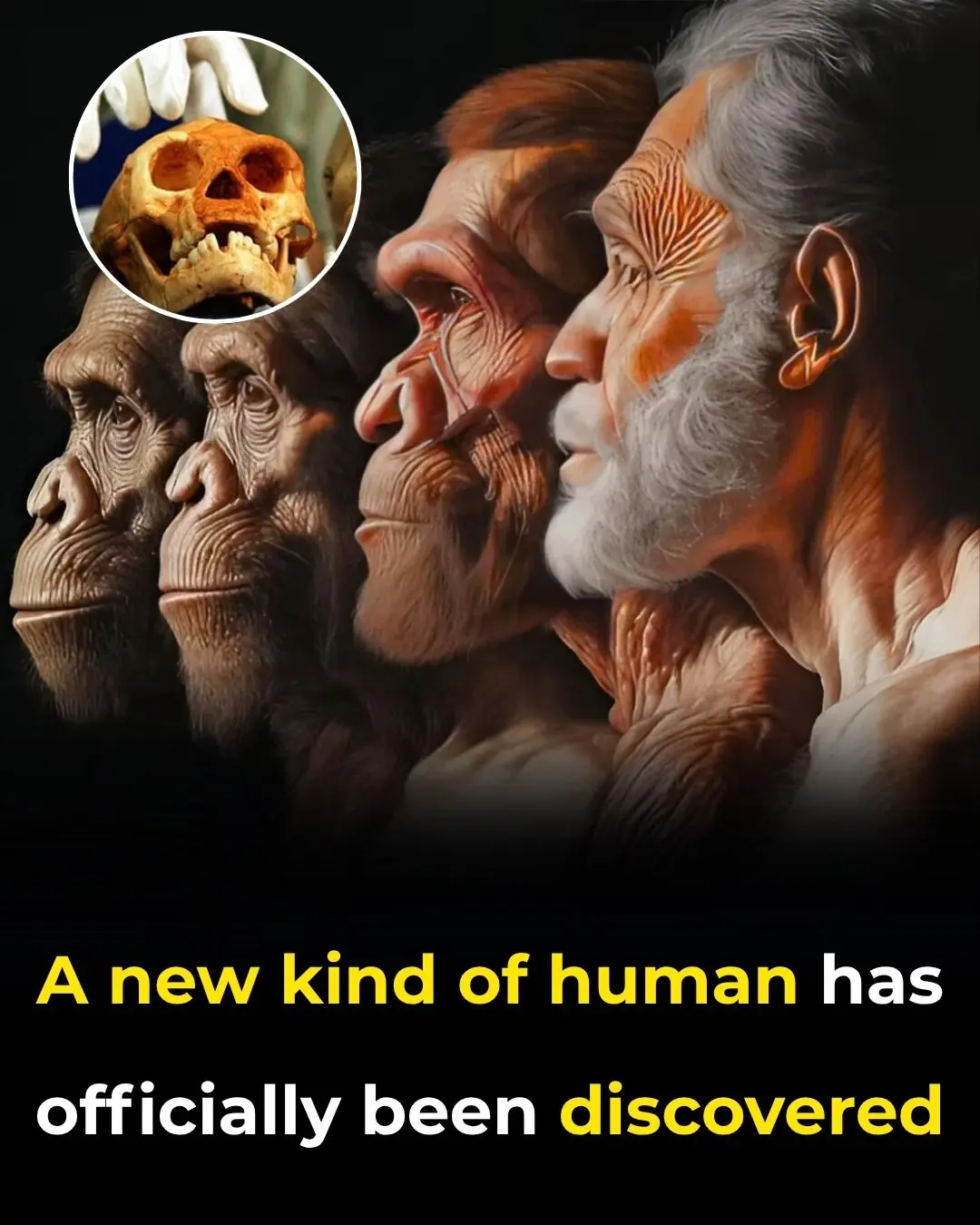
A New Kind of Human Has Officially Been Discovered

Scientists Finally Reveal the Chilling Truth Behind Blood Falls In Antarctica
Deep beneath Antarctica's frozen surface lies a crimson waterfall so eerie and surreal, it appears the glacier itself is bleeding. Known as Blood Falls, this chilling natural wonder holds secrets that could reshape our understanding of life on Earth—and

What Is Gyan Mudra? Benefits, Meaning, and How to Practice It Daily
This habit is a powerful hand gesture used in yoga and meditation to boost focus and inner peace. Discover its meaning, benefits, and how to practice it daily for a calmer, clearer mind.
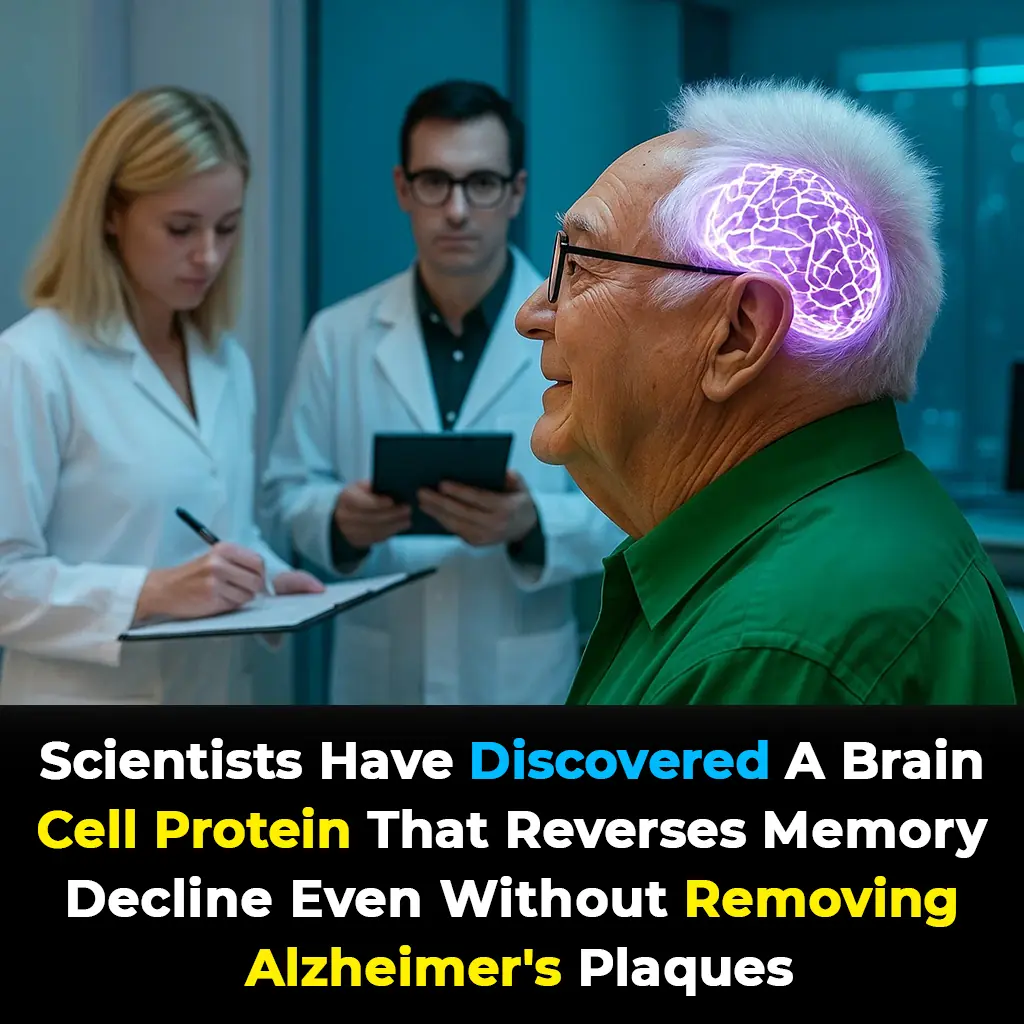
New Brain Protein Discovery Could Reverse Memory Loss Without Touching Alzheimer's Plaques
The study’s central revelation - that memory can be restored without clearing plaques - challenges the very foundation of Alzheimer’s research over the past 30 years.

Born On These Dates? Experts Say You May Have Extraordinary Natural Talents
If you were born on one of these dates, you just might be part of an elite circle of natural-born visionaries.
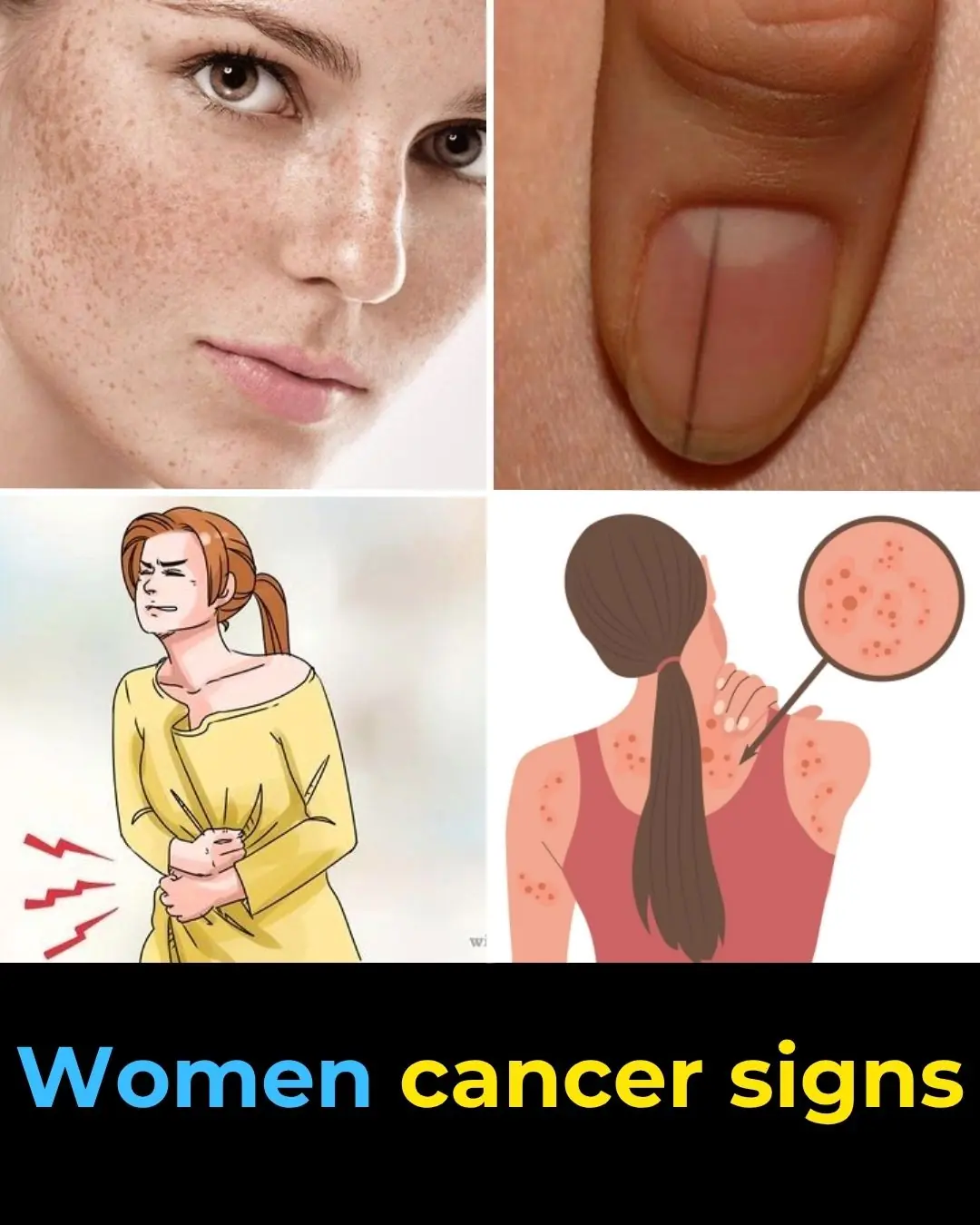
10 Cancer Warning Signs Women Often Overlook
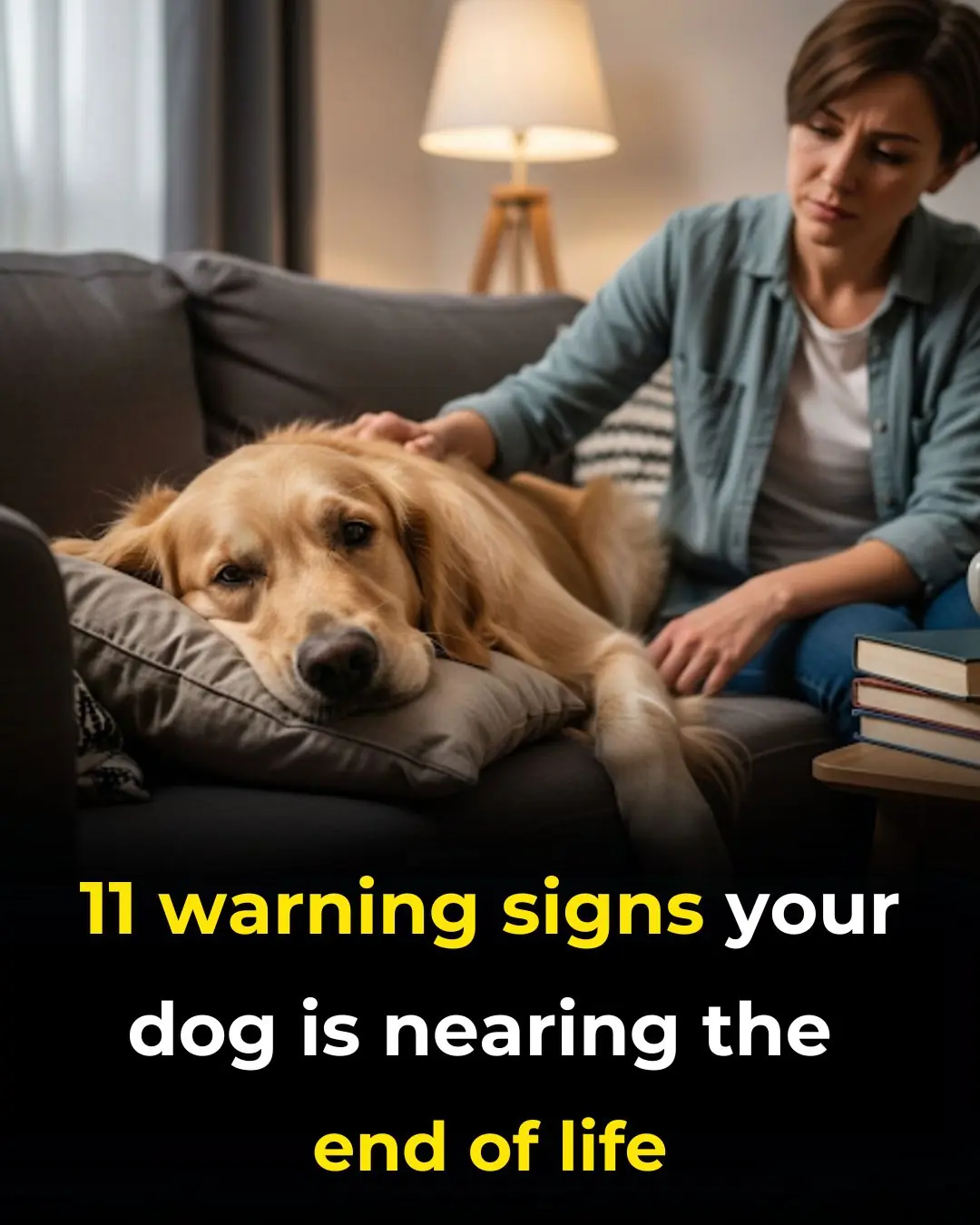
11 Heartbreaking Signs Your Dog Is Nearing the End—And How To Give Them The Love They Deserve
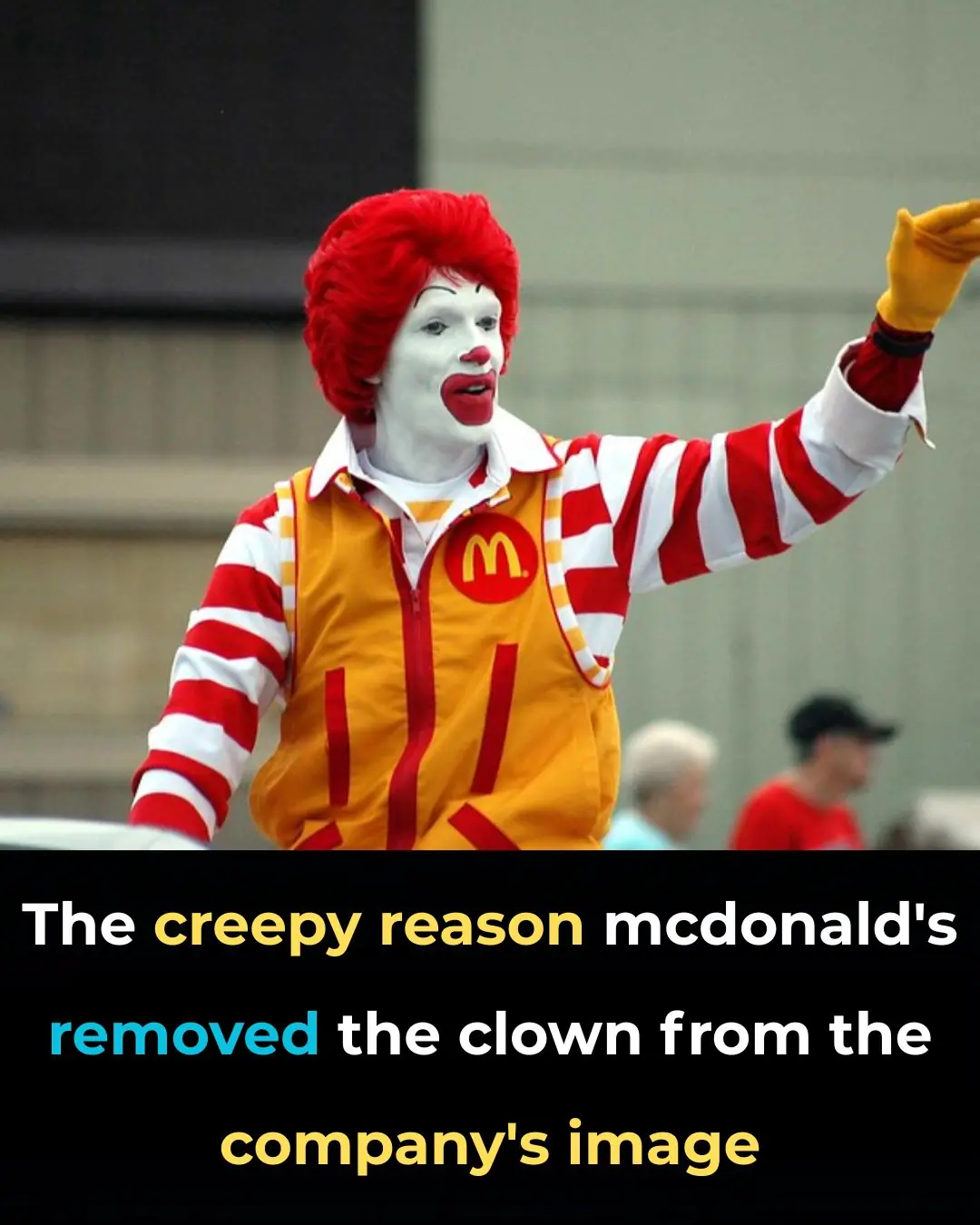
Why McDonald’s Removed The Clown From The Company Image
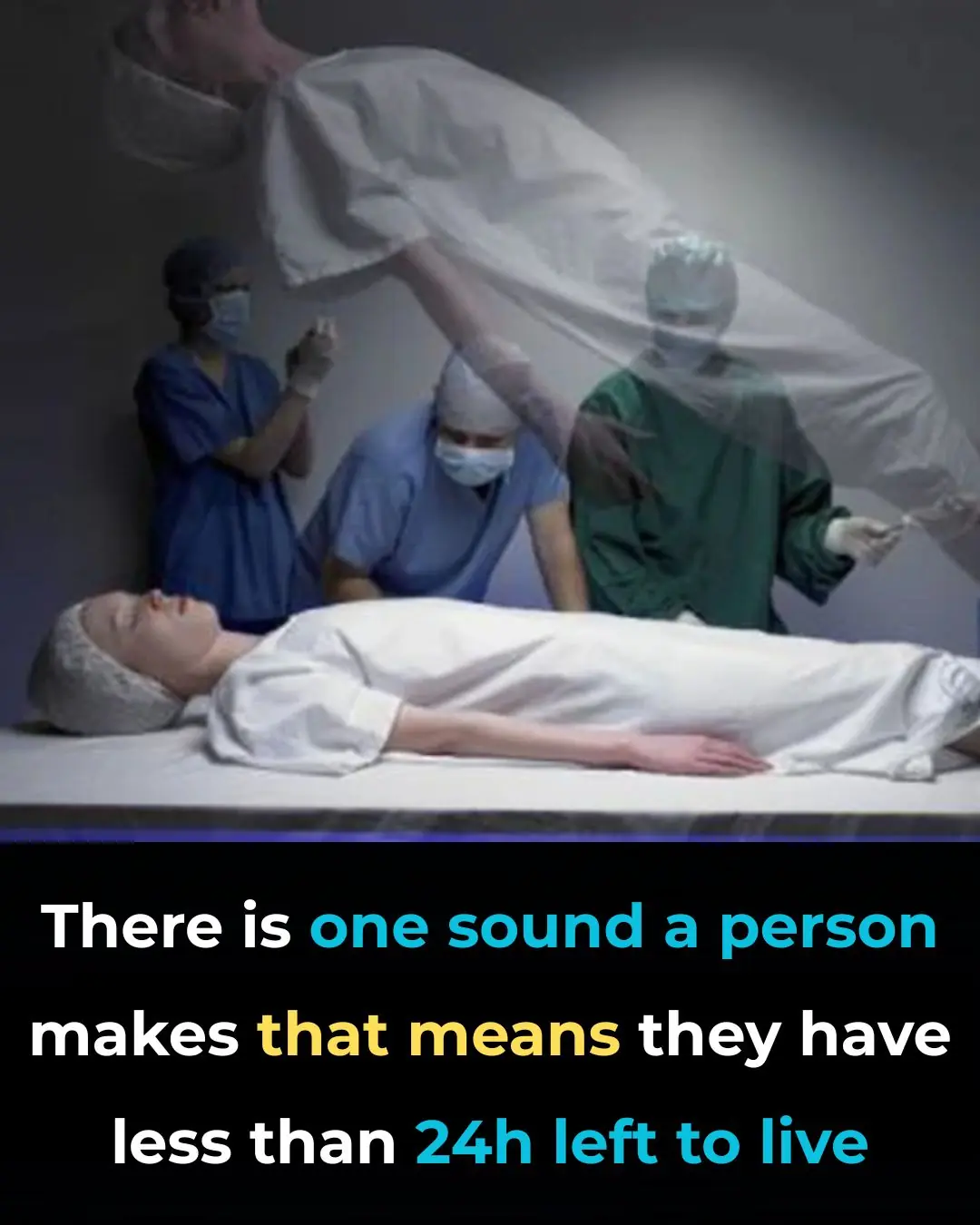
Experts Are Drawing Attention To A Disturbing Noise That People Produce Just Before They Die
News Post

British Mom Who 'Died' For 17 Minutes After Workout Shares What She Witnessed

Dealing with 10 Common Bathroom Pests
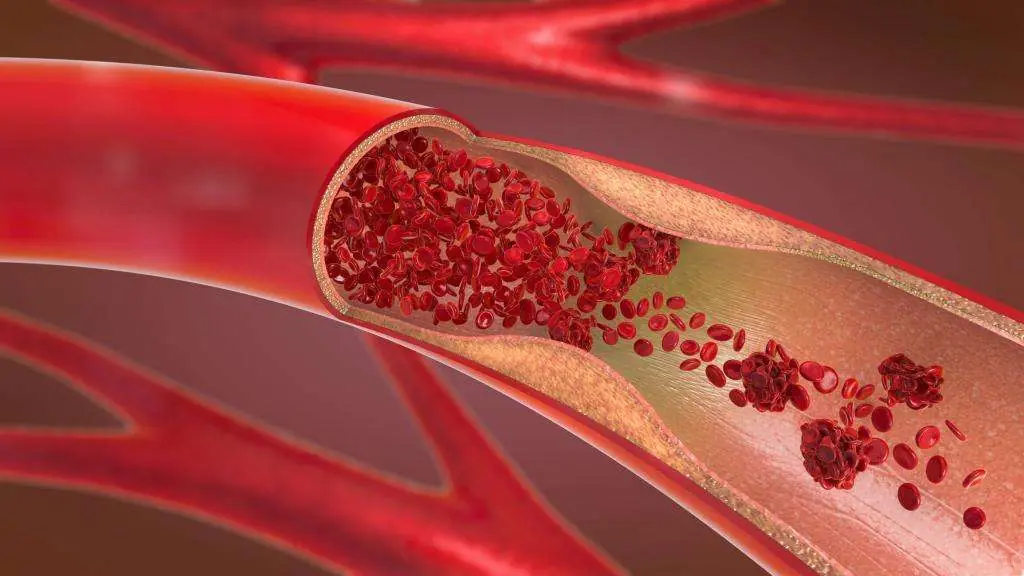
How to Improve Blood Circulation Naturally (Research Based)
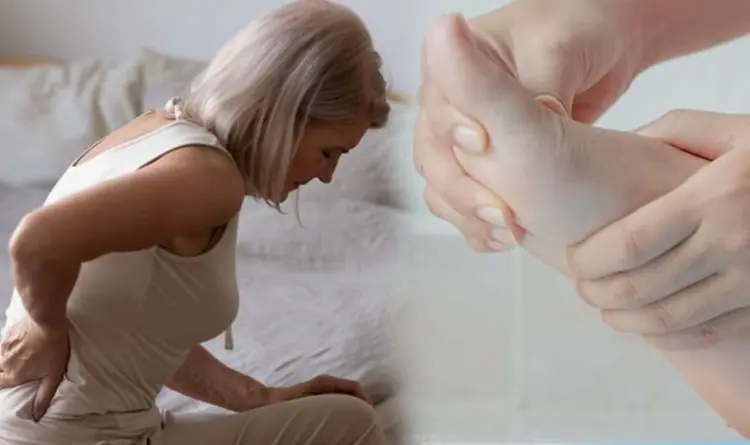
5 Deficiencies Almost Everyone Has (And Doesn’t Know About)

Scientifically Proven Health Benefits of Cayenne Pepper

Free download offered to PlayStation gamers as way to 'make amends'

Chaos following discovery of radioactive wasp nest at former US nuclear weapons site

Beyond the Badge: One Officer’s Journey to Becoming More Than a Uniform.

7 Thing That Happen To Your Body When You Stop Having Intimacy Moments
Taking a break from intimacy doesn’t mean something is wrong. In fact, it can be a time for growth, healing, and self-discovery.
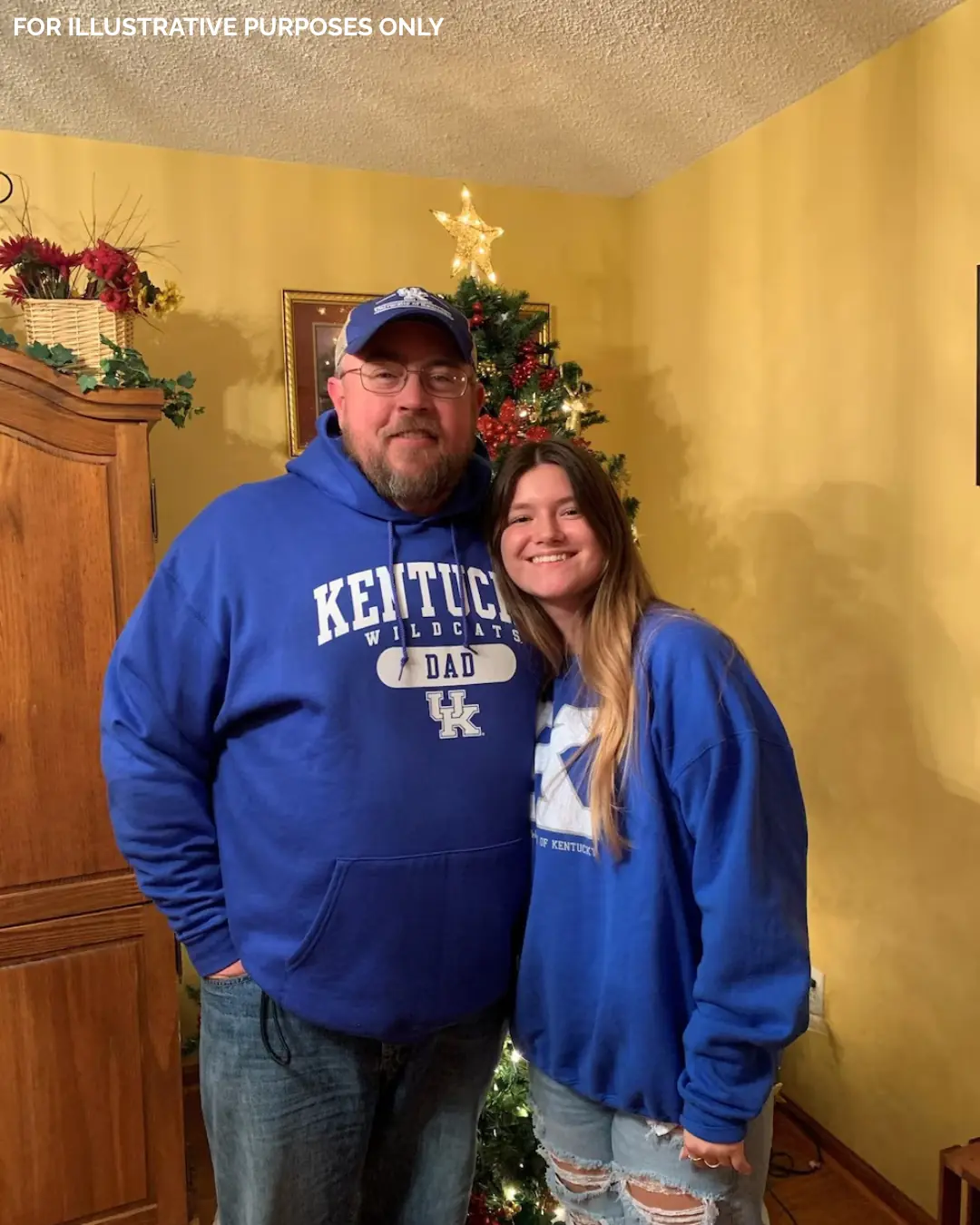
From Suspension to a Second Chance: How One Principal Changed a Life Forever.
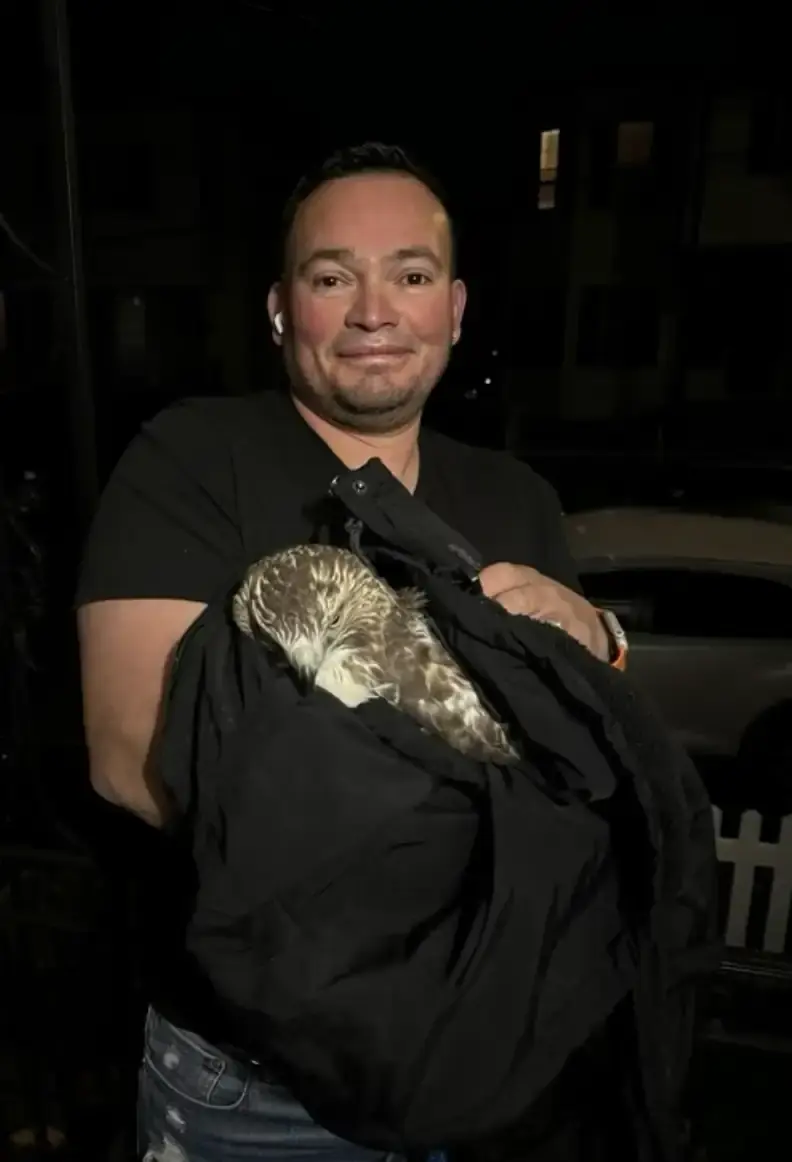
The Hawk on the Porch: A Quiet Cry for Help.

I Filed for Divorce After Catching My Husband Cheating – Our Son's Words in Court Left Everyone Speechless
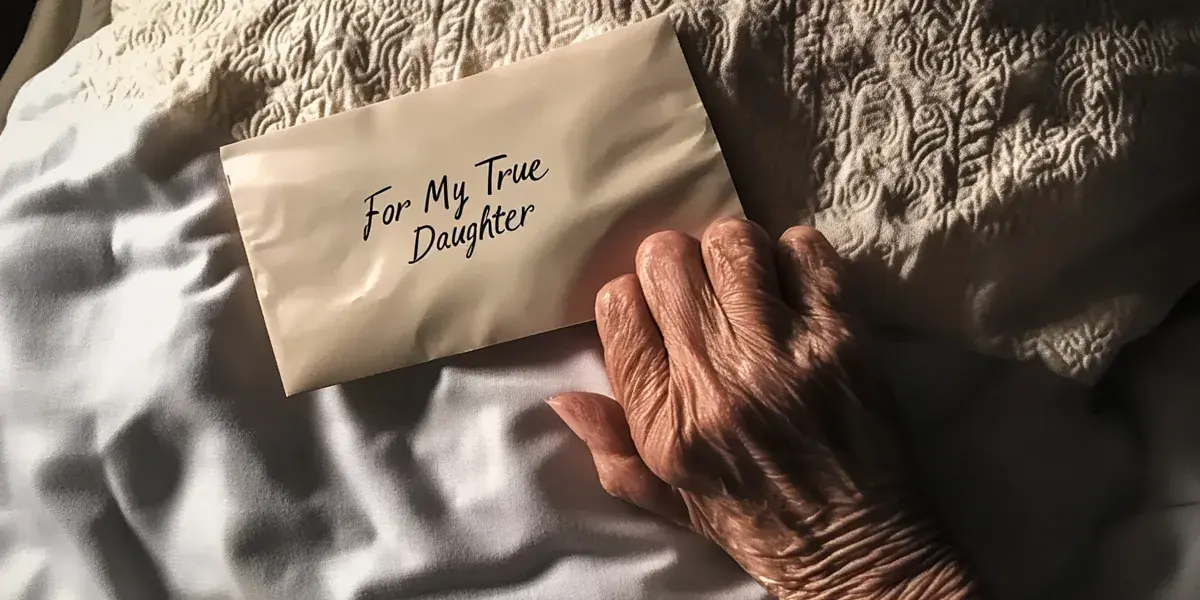
My Selfish Sister Stayed by Mom's Side When She Fell Ill, but Everything Changed after the Doctor Shared Mom's Last Words – Story of the Day

My SIL Gave Me Her Old Armoire and Made Me Pay for Moving It – Then She Came with an Outrageous Demand
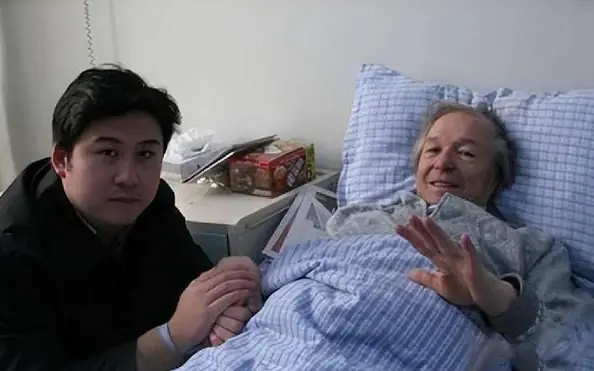
The Meteor That Changed Two Lives: A Story of Unlikely Family
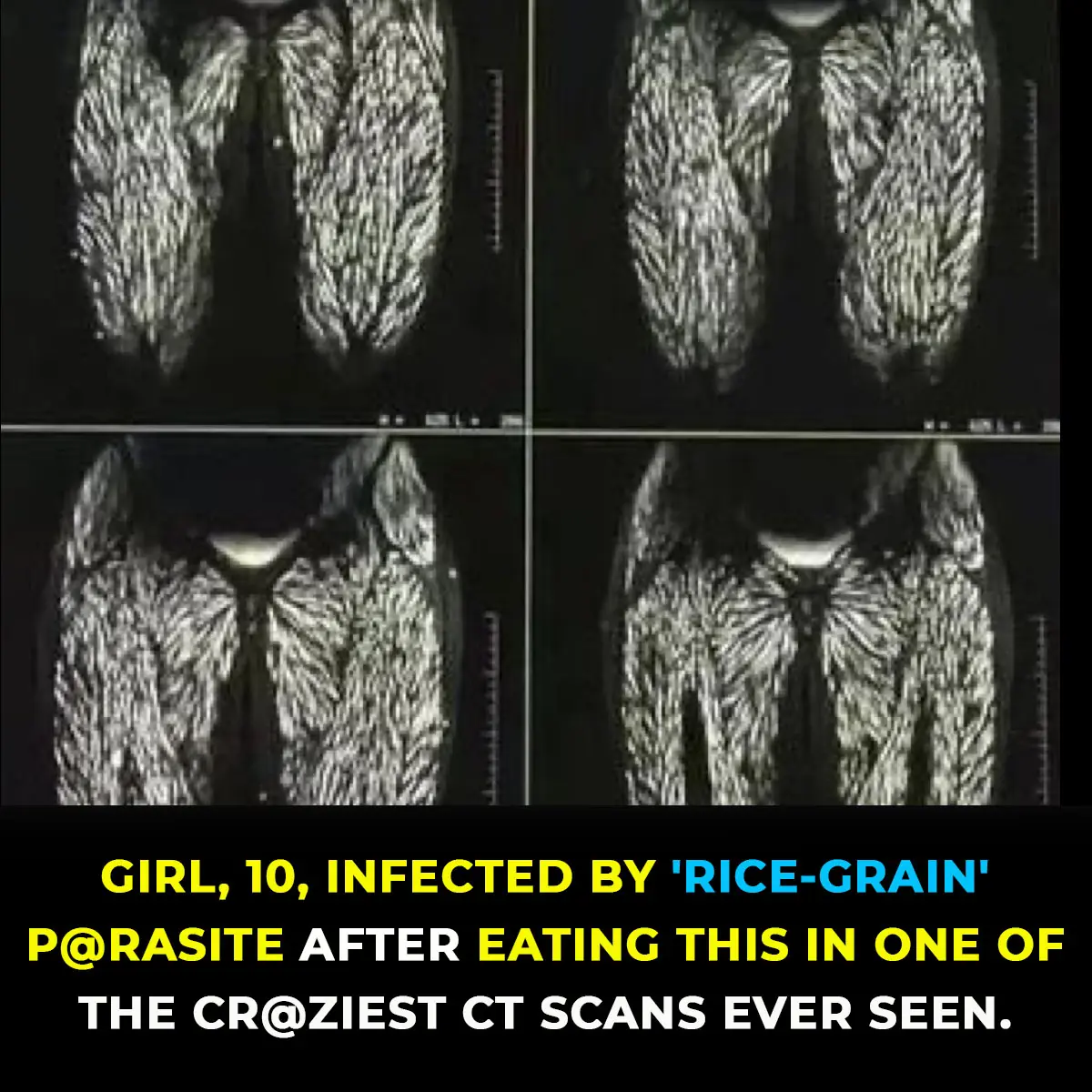
P@rasite Found In Br@in Of 10-Year-Old Girl After Eating Undercooked Meat Leaves Experts Horrified

Ancient Inscriptions Inside Great Pyramid Rewrite History Of Its Builders
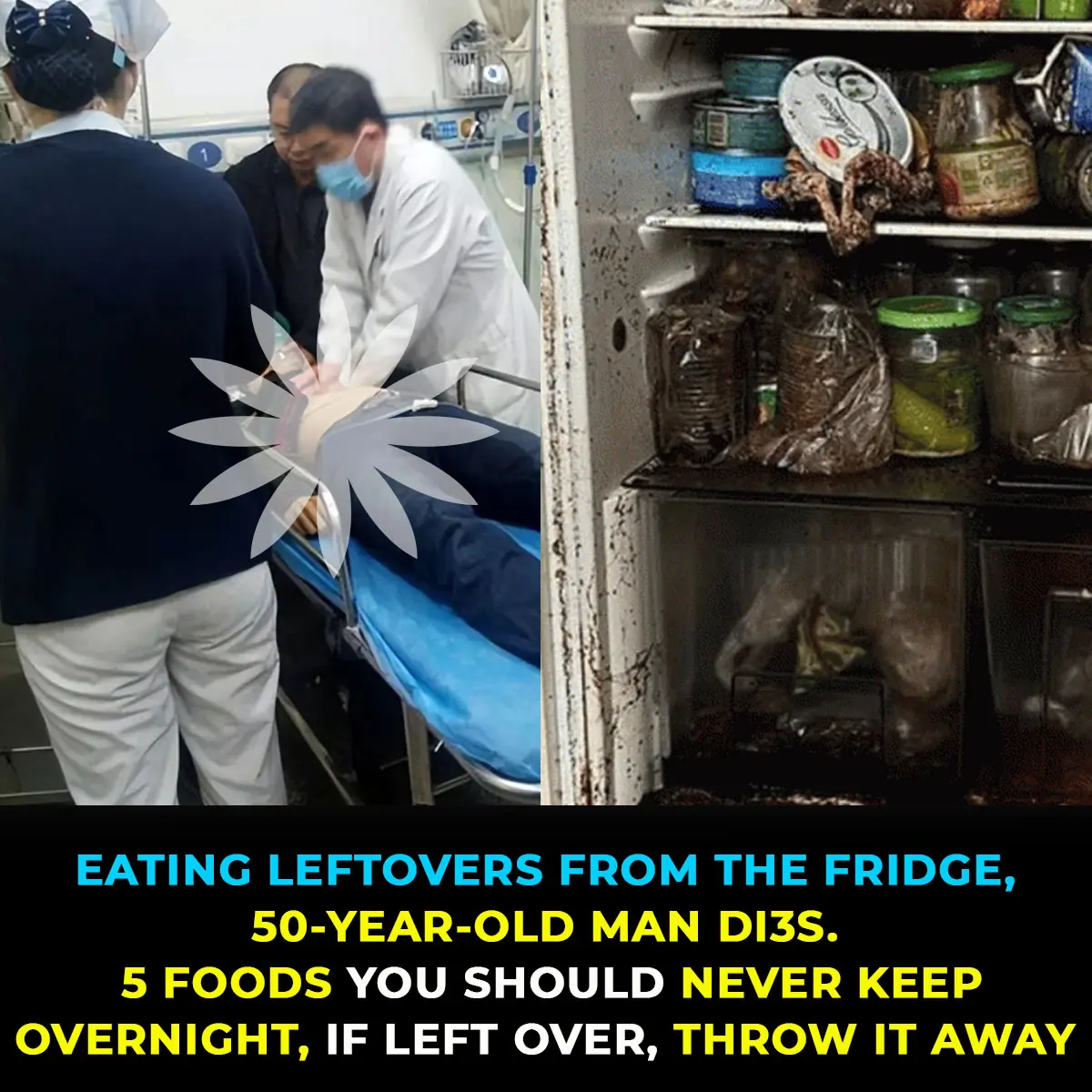
5 Common Foods That Turn Toxic If Left Overnight

Nurse at palliative care reveals the top 5 regrets of people right before they di3d
